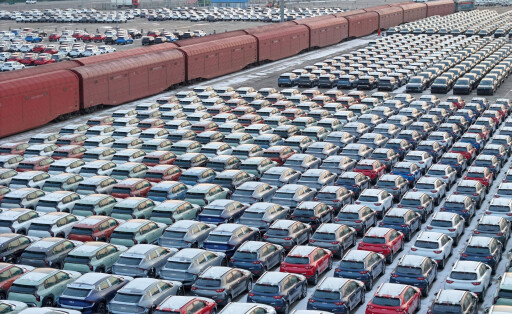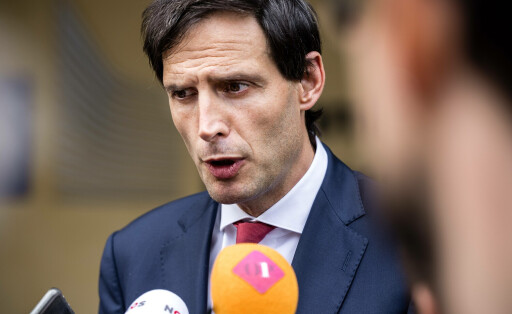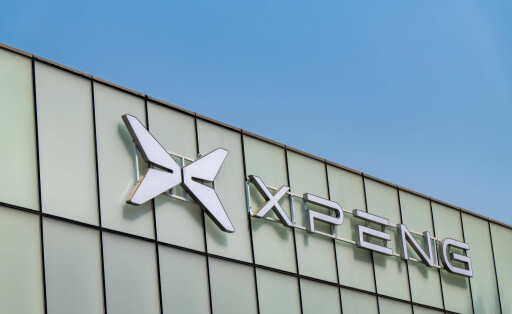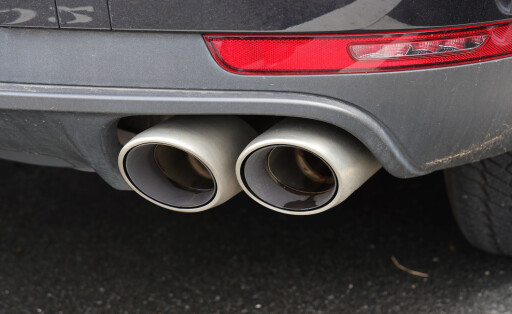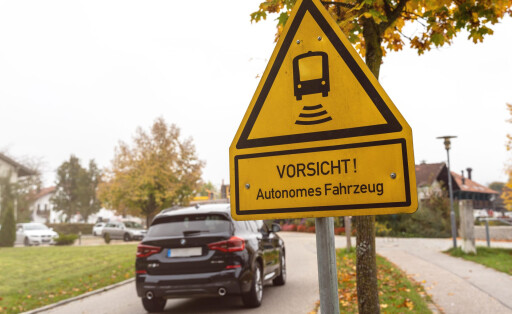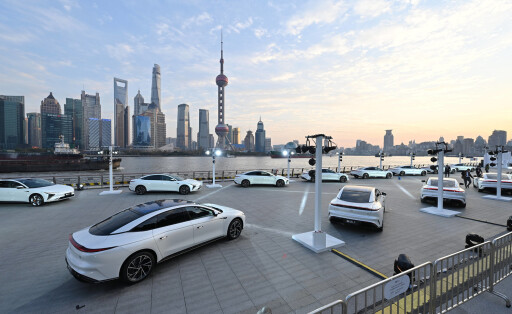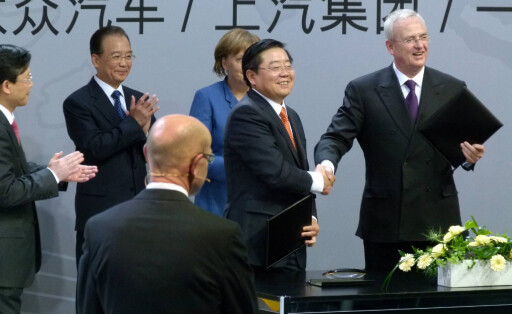The car market in China is the largest in the world. China cars and the automotive industry in the People's Republic determine global trends. The editorial team provides an overview of this key industry. Read current car news in the China.Table.
China car news: What does China's automotive industry look like?
As many cars were sold in China in 2020 as in the previous year. Despite the Coronavirus pandemic. With around 25 million units sold, car sales in the People's Republic remained stable and an important economic factor. Around 5.2 million people work in the car merket in China, according to a study by the International Labor Organization (ILO) of the United Nations (UN). There are about 224.7 million registered passenger cars in China. Car density is an important indicator for the economy. According to the German Association of the Automotive Industry (VDA), there are around 96 cars per 1,000 inhabitants in the People's Republic. By comparison, the level of motorization in Germany is around 568 cars per 1,000 inhabitants.
China cars: what's the cost?
The best-selling car in China in 2020 was the Changan CS75. The SUV costs between about 14,000 euros and 18,600 euros in China. Depending on the engine. However, there are vehicles, especially from domestic manufacturers, that can be purchased for well under 10,000 euros. In addition to the purchase cost of the car itself, there is the price of a license plate. In order to get the smog under control, these are in fact auctioned off in the metropolitan regions. In Shanghai, for example, prospective buyers have to factor in an additional cost of around 12,000 euros.
What are the largest China car manufacturers?
The two largest China car manufacturers are SAIC Motor and Geely. SAIC is an abbreviation of the former name Shanghai Automotive Industry Corporation. As of June 2020, the company landed at number 52 on Forbes' list of the world's largest companies, with revenues of $122 billion and profits of $3.7 billion. Geely has long been a household name for many European car fans. The second-largest automaker has acquired Volvo (in 2010), Lotus (in 2017) and London Taxi (in 2017), among others, as part of its expansion.
Who is Li Shufu? - Geely CEO as well as Daimler shareholder
The founder and chairman of Geely is Li Shufu. He is also chairman of the board of directors at Volvo. Since he bought a total of 9.69 percent of Daimler AG for 7.5 billion euros in 2018, he is also its largest single shareholder. Li Shufu's wealth is estimated at $19.5 billion. His opinion on economic issues is therefore enormously important. For example, he criticized the system of partnerships in the Chinese automotive industry. If a European manufacturer wants to sell cars in China, it needs a domestic partner to do so. According to Li Shufu, this would lead to foreign companies making profits at the expense of Chinese companies, and they themselves would hardly benefit from the cooperation.
Who are important car manufacturers in China?
Chinese car manufacturers are currently conquering the world market. In July 2020, Li Auto ventured onto the Nasdaq New York Stock Exchange. 1.1 billion dollars was collected by the manufacturer of vehicles with alternative drives. Electric car manufacturer Nio has already been listed on Nasdaq since 2018. One of the most important brands here is BYD. A conglomerate. The acronym stands for "Build your Dreams." With just over half a million cars produced, the brand only ended up in tenth place among the largest Chinese car manufacturers, but the group is the largest manufacturer of rechargeable batteries. Especially for cell phones. A technology that is also becoming increasingly important in times of growing registration figures for electric cars.
China car market: how are manufacturers' market shares distrtibuted?
The partnerships mentioned above enable European manufacturers to produce in China and sell their cars there. Leaving out imported models and comparing the market shares of cars built and sold in China, the ranking for 2019 is as follows.
Volkswagen - Market share: 14.6 percent - Cars sold in 2019: 3,100,498
Honda - Market share: 7.3 percent - Cars sold: 1,533,086
Toyota - Market share: 6.6 percent - Cars sold: 1,409,198
Geely - Market share: 5.7 percent - Cars sold: 1,220,832
Nissan - Market share: 5.5 percent - Cars sold: 1,177,705
Buick - Market share: 4.1 percent - Cars sold: 871,506
Changan - Market share: 3.7 percent - Cars sold: 787,878
Haval - Market share: 3.6 percent - Cars sold: 769,454
Hyundai - Market share: 3.2 percent - Cars sold: 685,738
Audi - Market share: 2.9 percent - Cars sold: 620,001
Are there German car manufacturers in China?
China has strict laws regarding the value chain in its own country. German car manufacturers therefore need a joint venture in Chinese car production in order to be allowed to be active on the market. Daimler therefore manufactures with Geely, Volkswagen is on board with SIAC. BMW has a cooperation with Brilliance Automotive, which belongs to Huachen Automotive. First Automotive Works is Audi's partner in the People's Republic. This dependence on local brands on the one hand, and the huge market in China on the other, have led German brands to building more cars in China than in Germany. In 2019, German automakers produced 5.08 million cars in China, but only 4.67 million cars in Germany.
Where are car production sites in China?
For production, the automotive industry in China has some clusters available. This is also where the suppliers of the auto industry in China are located. For Audi and Volkswagen, the production sites in Chengdu (southwest China), Changchun (northeast) and Shanghai (east China) are of particular importance in the People's Republic. BMW has production mainly in Shenyang (northeast). Mercedes is mainly active in Beijing, the capital of the People's Republic of China.
Are China cars cheap?
It is not only German car manufacturers who go to China. The importer Indimo from Landshut is currently trying the opposite approach and is currently trying to expand its dealer network. After some failed attempts - like the Jiangling Landwind or models from Brilliance - this time it seems to be a serious attempt with staying power. Two SUVs from BAIC are currently on sale there. Beijing Automotive Industry Holding is the country's fifth largest manufacturer. The Baic Beijing X35 is available from 16,995 euros. The larger X55 model is available from 19,990 euros. From Dongfeng comes the Glory 580, also an SUV. But for a starting price of 23,742 euros. In addition, there are various commercial vehicles.

